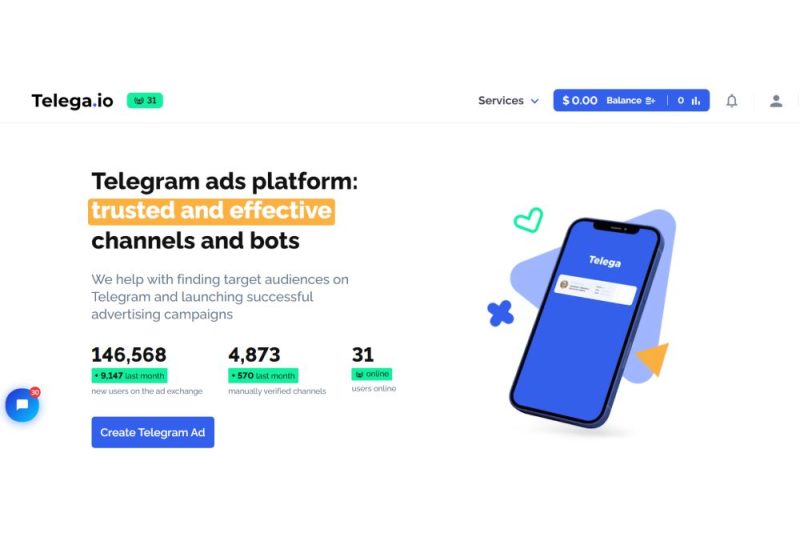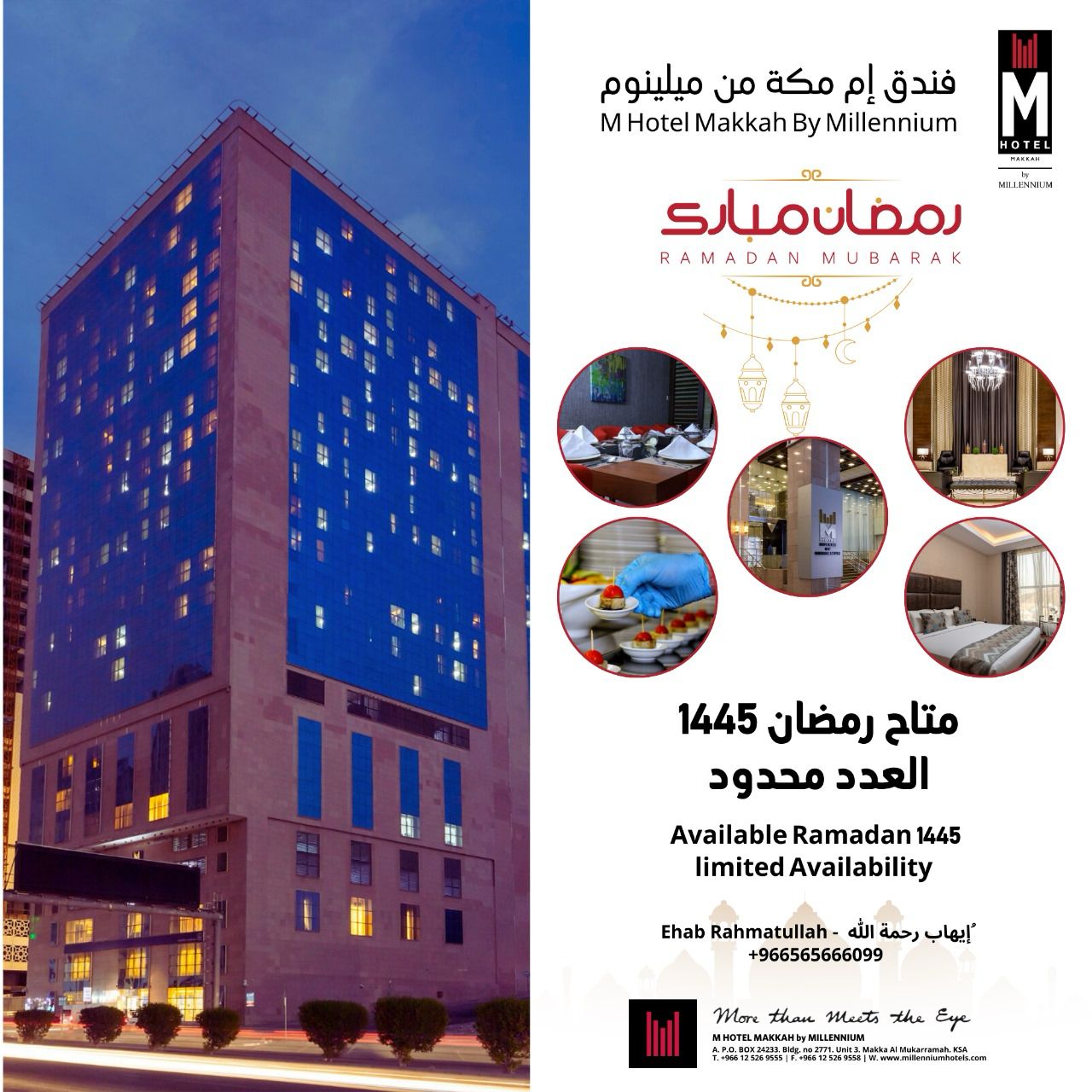A flexible office environment can better align employee needs and business goals, By: Ekta Puthran, MEA Lead – Collaboration, Barco
Dubai, United Arab Emirates
Most employees in the UAE want a hybrid or full-time remote work arrangement. It is a sentiment that is echoed by people working across industries, including the local finance and banking sectors. But as businesses began contemplating return to office plans earlier this summer, the financial and banking sector seemed to be reverting to old habits and rallying for in-office presence.
Bolstered by the COVID-19 pandemic and a tight labour market, worker demands for more flexibility have only increased in recent months – even with the world reopening again. Standard Chartered showed foresight and committed to continue to offer permanent flexible work for its staff from as early as January 2021. The initiative started with 9 of its primary markets, including the UAE.
The bank also collaborated with flexible workspace services provider IWG so employees worldwide can work from any of IWG’s 3,500 locations internationally. HSBC has also formally certified hybrid working with the ambition of reducing office space by 40%. On the flip side, Barclays announced that it was looking to ramp up employees’ return to its London and New York offices.![]()
Clearly, only a handful of organizations within the financial sector are realising the risks of a ‘one size fits all’ work approach, as many workers want to retain the flexibility they had during the pandemic. Nevertheless, while the workforce may have changed, the office is still equipped for the old way of working. Recent changes are shaping a new paradigm, and businesses across the financial sector must keep up to meet employee expectations.
Office Revamp: A Much-Needed Initiative
Anyone who has entered an office since early 2020 would likely have experienced the eerie silence of the rows of empty desks and cubicles. Memories of battling colleagues for coveted meeting spaces and groups huddling around a single laptop are probably still fresh.
From the advent of remote working, many of us have experienced significant increases in productivity. However, the quality of our interactions has dramatically fallen. As a result, work meetings have regularly failed to meet expectations. A recent study by Barco showed a 25-point decline between 2020 and 2021 on its meeting barometer. The findings further indicated that 57% of white-collar workers considered meeting rooms as the most useful spaces in a post-pandemic world. Hence, employees no longer view the office as simply a place to work. Rather, they think of it as an encouraging space for more collaboration.
In this scenario, the opportunity to realign office spaces may come as a system shock to an industry long accustomed to the traditional “cubicle rows” layout. Nevertheless, as professionals now covet meeting spaces, they will be a functional must-have. Currently, 50% of workers visit offices to host meeting calls in a more professional setting, indicating that the desire for efficient meetings will be the real drive to an office return. Therefore, accommodating these new behaviours should be a priority for the financial and banking sector.
Tapping into Hybrid Technology
Improved office layout isn’t the only change needed for a hybrid environment. There’s a great opportunity for businesses to upgrade outdated or inefficient collaboration technologies.
Like other industries, financial sector employees have embraced the laptop as the main device to work, collaborate, and host meetings, fuelling the surge in preference for Bring Your Own Meeting solutions (BYOM). Barco’s research indicates that 77% of respondents cannot imagine working without their laptop and have enjoyed sharing their screen and content with just a simple click. With meetings now controlled via the user’s laptop, businesses must invest in solutions that continue this seamless connectivity. To that end, agnostic solutions like Barco’s ClickShare allow workers to connect and collaborate irrespective of meeting platform (Webex by Cisco, Zoom, Microsoft Teams, etc.).
Additionally, the return to offices is unlikely to be instant or unanimous. Despite calls from certain corners of the finance and banking sector to do so, many employees will continue to work from home periodically or permanently. Therefore, companies should ensure that their meeting rooms are well equipped for hybrid meetings. ClickShare and similar solutions would require implementation alongside updated Audio-Visual equipment to make collaboration easier.
All-Round Security
While security is important in any industry, the highly sensitive and data-driven nature of financial work makes it critical for success. Early in the pandemic, hijacked conferencing platforms and cyber-attacks by hackers/pranksters became a regular occurrence. With meetings likely to continue in a hybrid fashion, it is essential that any future tech invested in is secure. Particularly with agnostic solutions that connect the user’s laptop to meeting room equipment, there must be strong security considerations. For starters, the sector should prioritise investing in solutions that incorporate security directly into the product’s design.
Another key responsibility comes from within the company via the education of employees. Ensuring that workers are well aware of prevalent dangers and the necessary precautions to be taken when using a new device is paramount.
Like others, the financial sector is still learning to shape a future of work that accommodates its employees’ needs and preferences. As the industry begins to embrace hybrid work, it creates plenty of opportunities to eliminate the inefficiencies of the pre-pandemic world, thereby reimagining everything from work technology to office spaces.














